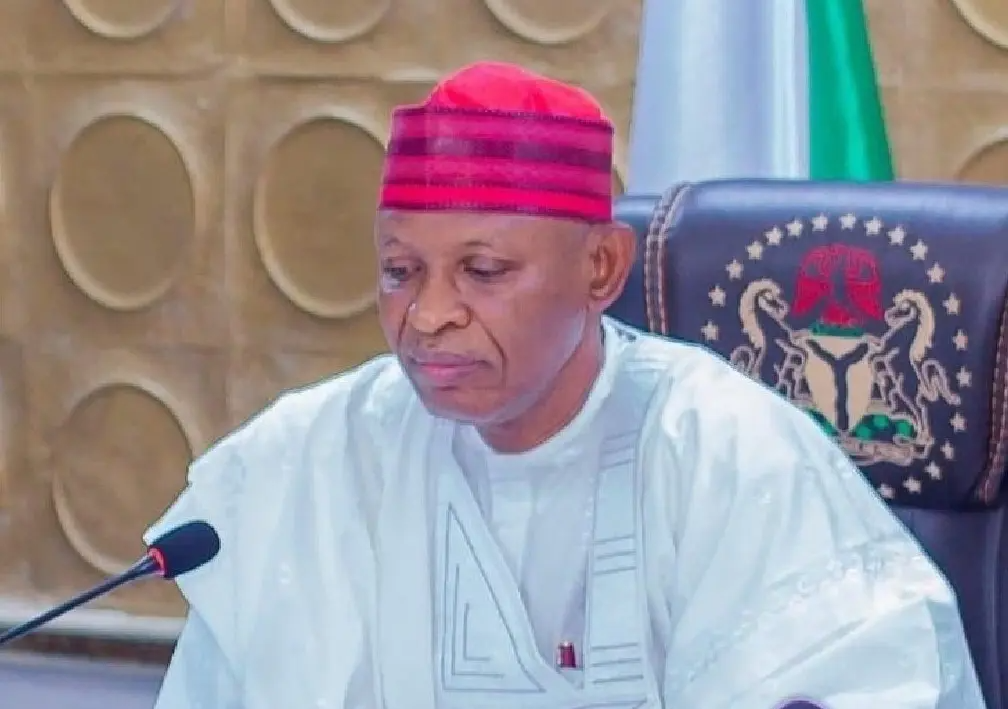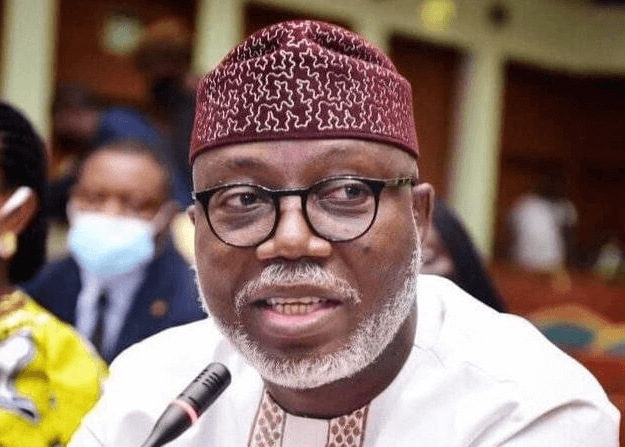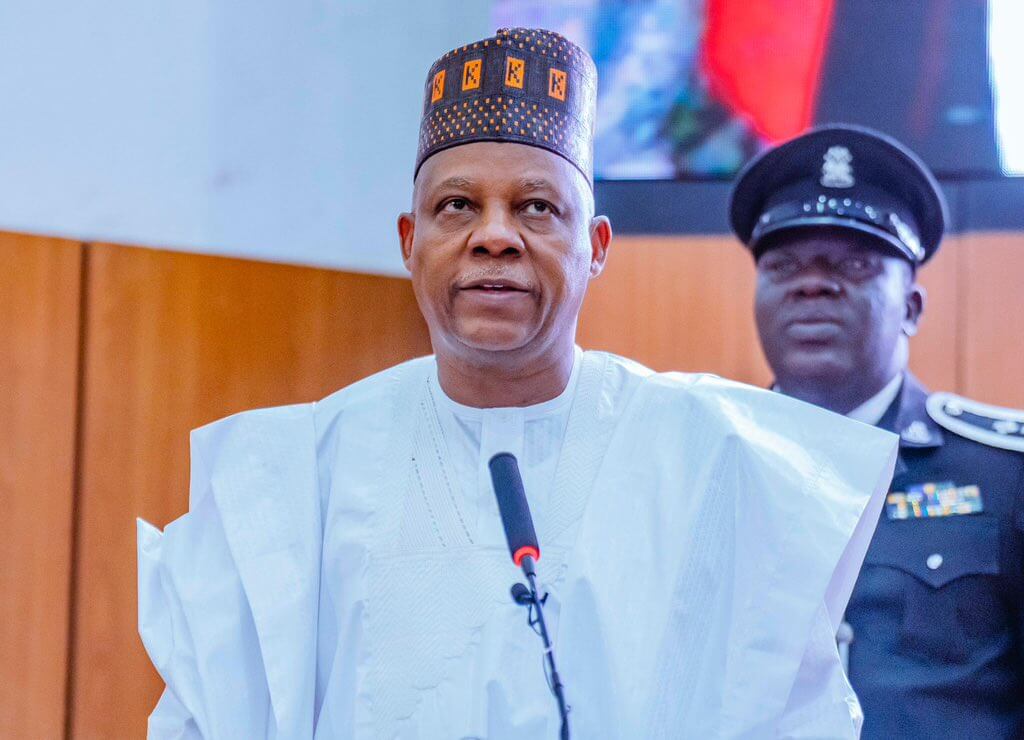 President, Dangote Group, Aliko Dangote (left); Principal Private Secretary (PPS) to the President, Hakeem Muri-Okunola; National Security Adviser (NSA), Nuhu Ribadu; Chief of Staff to the President, Femi Gbajabiamila; President Bola Tinubu; Deputy Governor of Lagos State, Obafemi Hamzat; former Minister of Works and Housing, Babatunde Fashola; Senator Gbenga Ashafa and others during the Eid prayer, in Lagos… yesterday.
President, Dangote Group, Aliko Dangote (left); Principal Private Secretary (PPS) to the President, Hakeem Muri-Okunola; National Security Adviser (NSA), Nuhu Ribadu; Chief of Staff to the President, Femi Gbajabiamila; President Bola Tinubu; Deputy Governor of Lagos State, Obafemi Hamzat; former Minister of Works and Housing, Babatunde Fashola; Senator Gbenga Ashafa and others during the Eid prayer, in Lagos… yesterday..Says Tinubu inherited bleeding economy
The Presidency has tackled the New York Times over its report on the present situation in Nigeria, saying President Bola Tinubu, on May 29, 2023, inherited a dead economy.
It also justified some of the policy decisions taken by the Tinubu administration, including the floating of the naira and fuel subsidy removal, declaring that the policies were taken in the best interest of the country.
A statement entitled, ‘Rejoinder to New York Times jaundiced report on Nigeria’s current economic situation’, yesterday, by the Special Adviser to the President on Information and Strategy, Bayo Onanuga, noted that Nigeria was not the only country facing a rising cost of living crisis.
The statement reads: “Ruth Maclean and Ismail Auwal’s feature story with the title ‘Nigeria Confronts Its Worst Economic Crisis in a Generation’, published on June 11, reflected the typical predetermined, reductionist, derogatory and denigrating way foreign media establishments reported African countries for several decades.
“Because of the misleading slant of the report, we need to clear up some misconceptions conveyed by the reporters as regards the economic policies of the Tinubu administration that came into power at the end of May 2023. ”
According to the statement, most significant about the report was that it painted the dire experiences of some Nigerians amid the inflationary spiral of the last year and blamed it all on the policies of the new administration.
It added, “The report, based on several interviews, is at best jaundiced, all gloom and doom, as it never mentioned the positive aspects in the same economy as well as the ameliorative policies being implemented by the central and state governments.”
Presidency said that when Tinubu took the reins, the nation’s economy was bleeding and needed urgent measures to bring it back.
It said, “To be sure, Tinubu did not create the economic problems Nigeria faces today; he inherited them. As a respected economist in our country once put it, Tinubu inherited a dead economy. The economy was bleeding and needed quick surgery to avoid being plunged into the abyss, as happened in Zimbabwe and Venezuela.
“This was the background to the policy direction taken by the government in May/June 2023: the abrogation of the fuel subsidy regime and the unification of the multiple exchange rates.”
Although, it acknowledged that the exchange rate got to its worst level, it contended that it’s gradually regaining some level of stability.
The Presidency said, “After some months of the storm, with the naira sliding as low as N1,900 to the United States dollar, some stability is being restored, though there remain some challenges. The exchange rate is now below N1,500 to the dollar, and there are prospects that the naira could regain its muscle and appreciate to between N1,000 and N1,200 before the end of the year.
“The economy recorded a trade surplus of N6.52 trillion in Q1, as against a deficit of N1.4 trillion in Q4 of 2023. Portfolio investors have streamed in as long-term investors.”
Abuja noted that with all the plans being executed, inflation, especially food inflation, would soon be tamed.
It added, “Our country faced economic difficulties in the past, an experience that has been captured in folk songs. Just like we overcame then, we shall overcome our present difficulties very soon.”

 4 months ago
38
4 months ago
38




![Just In: Tinubu Departs Aso Villa For Late COAS Lagbaja’s Burial [Video]](https://www.naijanews.com/wp-content/uploads/2023/06/20230622_180721.jpg)










 English (US) ·
English (US) ·